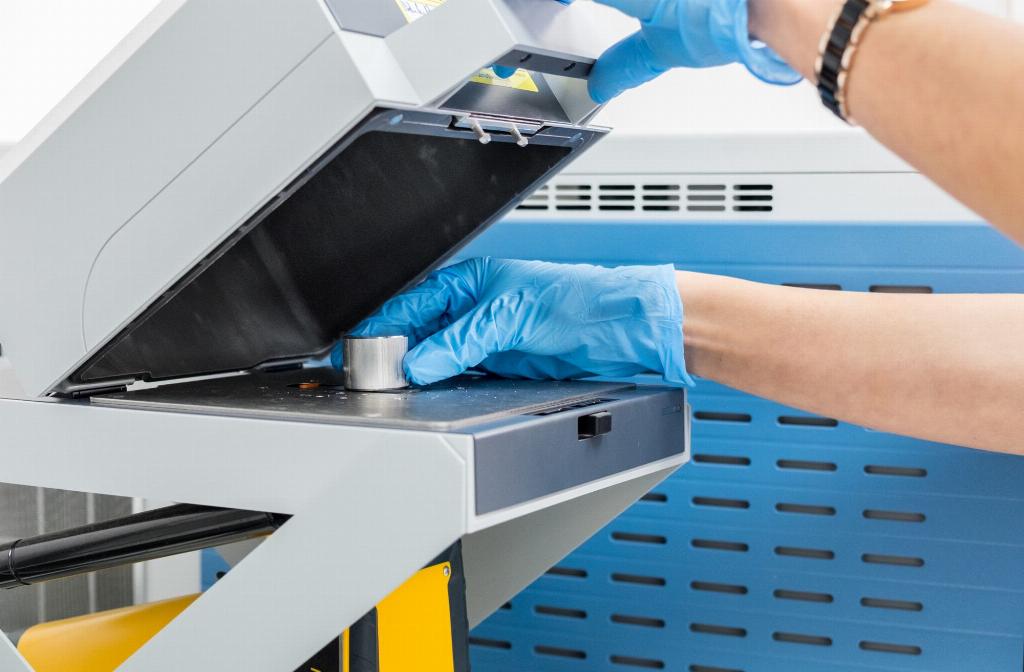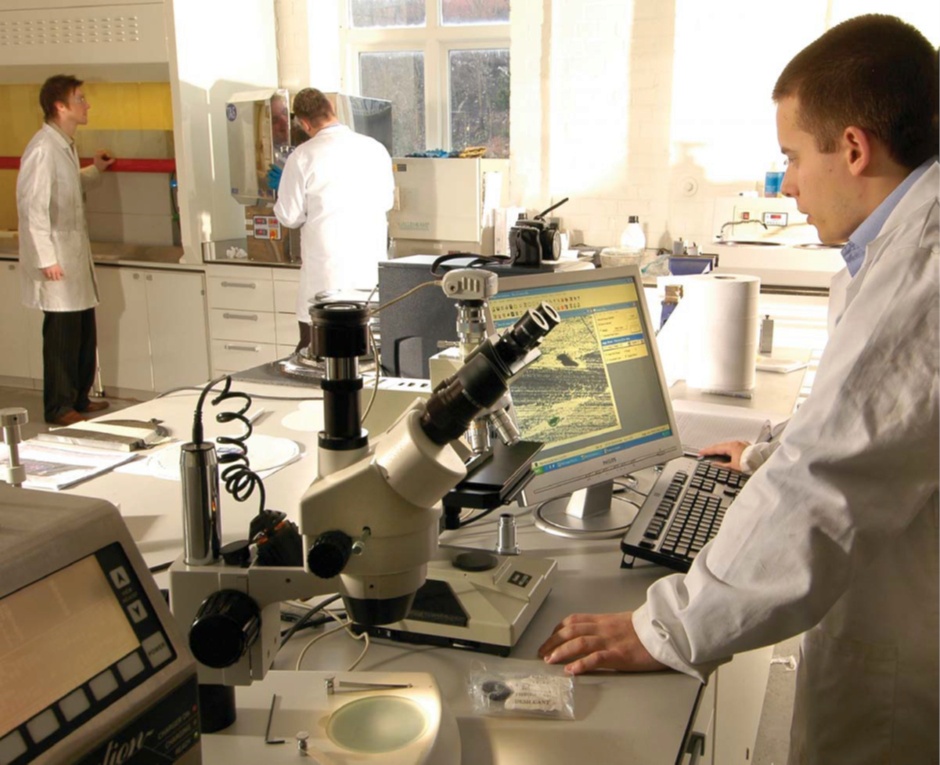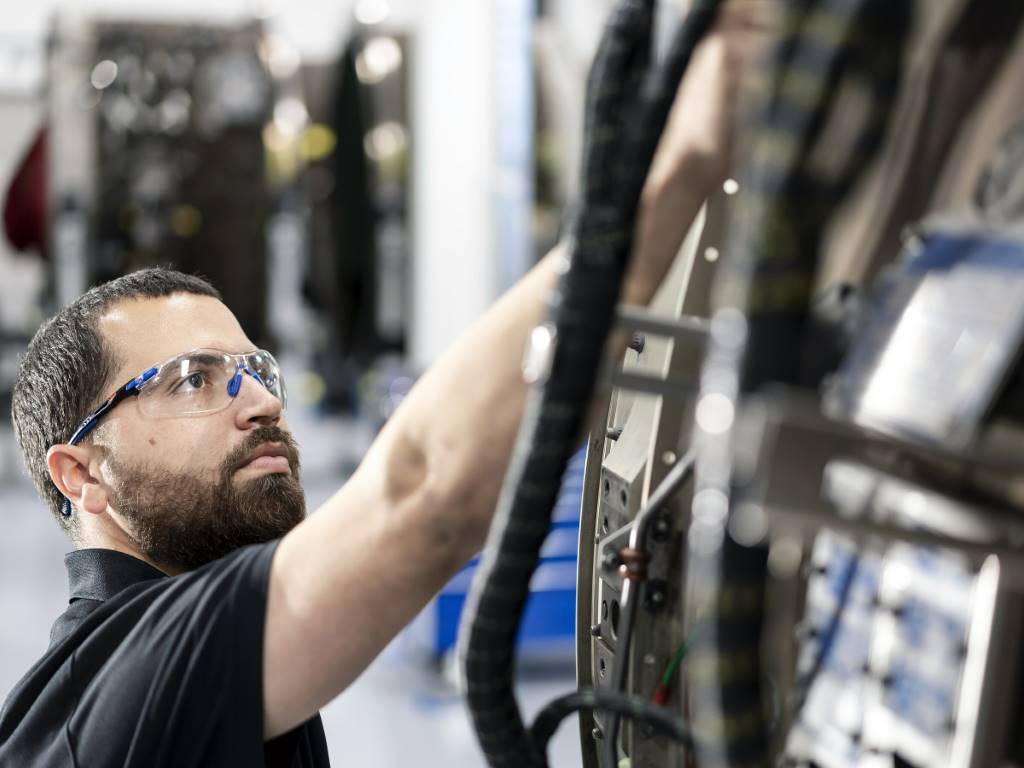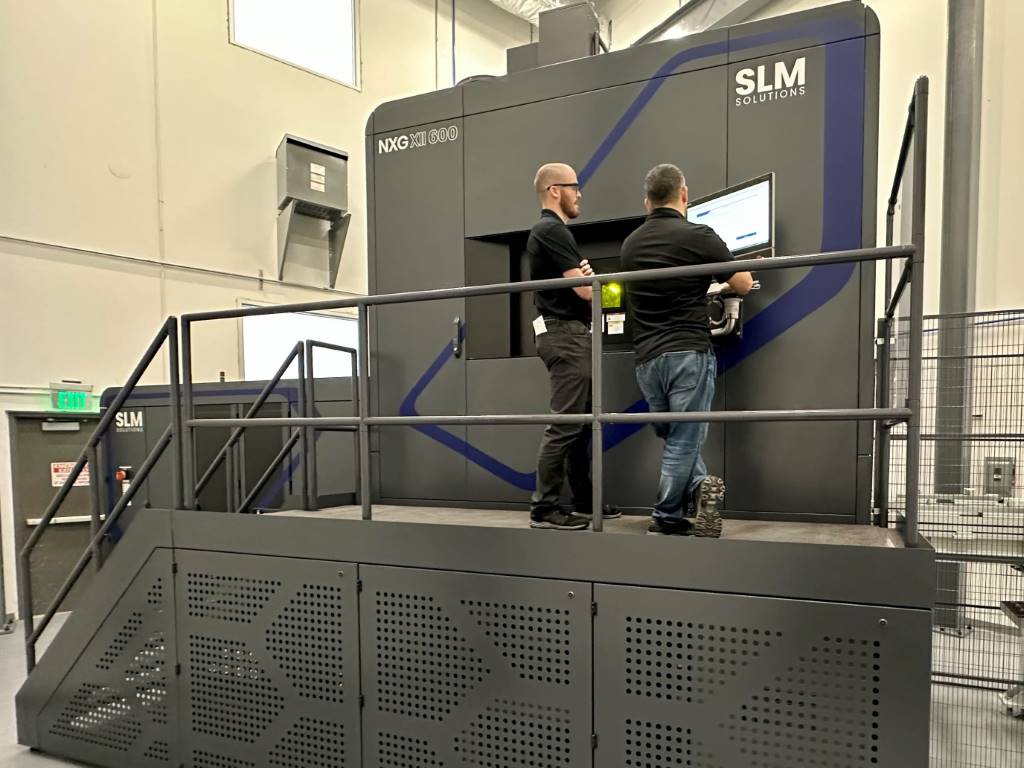Tried and tested

Testing over 25,000 parts each year, Kaman UK’s Nadcap accredited in-house lab supports a 70-year history of technical breakthroughs and innovation – something the company’s global aerospace clients have come to rely on.
Kaman UK’s well-equipped lab has successfully secured Nadcap re-accreditation for numerous physical, mechanical, chemical and thermal tests it undertakes as part of the product certification process. Today the lab tests and analyses over 25,000 parts every year and more than half a million since its inception.

Commitment to in-house testing has proven to have been a strategically smart business decision, taken over 20 years ago to better support customer’s increasing test needs.
“Having extensive capabilities in-house means the company does not rely on an external laboratory service,” begins Derry Fairnington, Kaman UK’s lab manager. “As a captive lab, we can test and perform a range of analysis on manufactured parts. It also enables greater flexibility managing customer orders, with massively improved turnaround times compared to external testing lead-times.”
Test results – fast!
A key advantage for Kaman UK, thanks to the lab testing facility, is that it enables the company to minimise costs for customers with much shorter lead-times for parts.
“Typically, you can expect a lead-time of between two to four weeks subcontracting the testing out with an independent lab. It’s also expensive. Kaman UK has defined service level agreements, with test results obtained and published within 36 hours from receipt.”
The main purpose of the lab is to certify that process control coupons, manufactured concurrently with the part, achieve the necessary test requirements. The lab also supports internal process and part assurance by undertaking many of the necessary checks and tests to ensure that manufacturing processes are in control.
In addition to certification testing the laboratory also undertakes numerous internal tests to ensure its manufacturing processes are effective. Capabilities include paint system analysis, wet-chemistry analysis of surface treatment baths, environmental testing of air and water systems and conductivity and hardness checking of processed metallic parts.
Most individual parts are subject to some level of coupon testing before leaving the Darwen facility. These range from mechanical tests, such as stress and compression testing, thermal analysis of parts to ensure they have been correctly cured and physio-chemical testing to ensure that the part composition meets with requirements. The Nadcap accreditation has a scope that covers all four of these test disciplines.
After setting up with a single member of staff in 1997, the lab team at Kaman UK today consists of several lab technicians, a special processes engineer and a lab manager. As regulations and safety standards have become more demanding, the expertise and test processes have become more thorough and detailed.
Recent additions to the lab include a fully-automated microscope that can take numerous high definition digital images to build up a bigger cross-sectional microscopic image. This has improved the analysis of specimens while removing a significant proportion of the labour required to carry out the testing.

A continuous salt-spray cabinet has been installed to support the newly invested surface treatment lines. It continually checks the surface treatments are providing a robust protective coating.
To ensure Kaman UK continues to meet the strictest requirements of environmental controls, a photospectrometry capability has also been introduced which can detect the presence of very small amounts of heavy metal within processing and effluent solutions.
Testing for and understanding the extent of any damage is another aspect of the lab’s work. Any part manufactured for an aerospace platform is subject to rigorous safety regulations. There are two types of non-destructive testing (NDT) that Kaman UK conducts, run as a separate facility to the lab testing work. There are ultrasonic NDT which include A-scan, C-scan and phased array. There is also fluorescent dye penetrant inspection, where a dye is applied to the surface of a material to identify possible defects.
“If a part has suffered an impact, the customer can send it back to us for forensic inspection. We carry out tests to ascertain the extent of the damage. Surface damage may only be a few millimetres. When inspected ultrasonically, sub-surface damage could be significant, with a critical loss in mechanical performance.
“We simulate damage to understand component part integrity. If damage is not properly detected it becomes a safety issue, with potentially dangerous consequences. Through testing we can quantify the level of mechanical performance that remains within a part and whether it’s still safe to be used.”
Placed and traced
Traceability is also extremely important in the aerospace industry. Every part must be able to be traced back in terms of its test data, where the raw material was manufactured, who the lay-up operator was and where it was cured. Test reports will be kept for the life of the aircraft until it is decommissioned from service.
Since service life can be decades, Kaman UK must be able to test many different material types, from carbon fibre, exotic composites, such as bismaleimide resin systems, cyanate esters, to older technology such as balsa wood, spruce and metals such as aluminium and titanium.
Many similar-sized companies will not have lab testing facilities due to the costs involved. In addition to the investment in equipment, other significant overheads include skilled staff and ongoing equipment calibration and servicing. The overall costs can be considerable.
“The reality is that Kaman UK needs accreditation to compete with other suppliers,” concludes Fairnington. “We had our last Nadcap audit in November 2019 and these are carried out every two years. The role the lab testing team play is critical to the ongoing success of the company and we need this capability if we are serious about working with companies such as Airbus and Boeing.”













